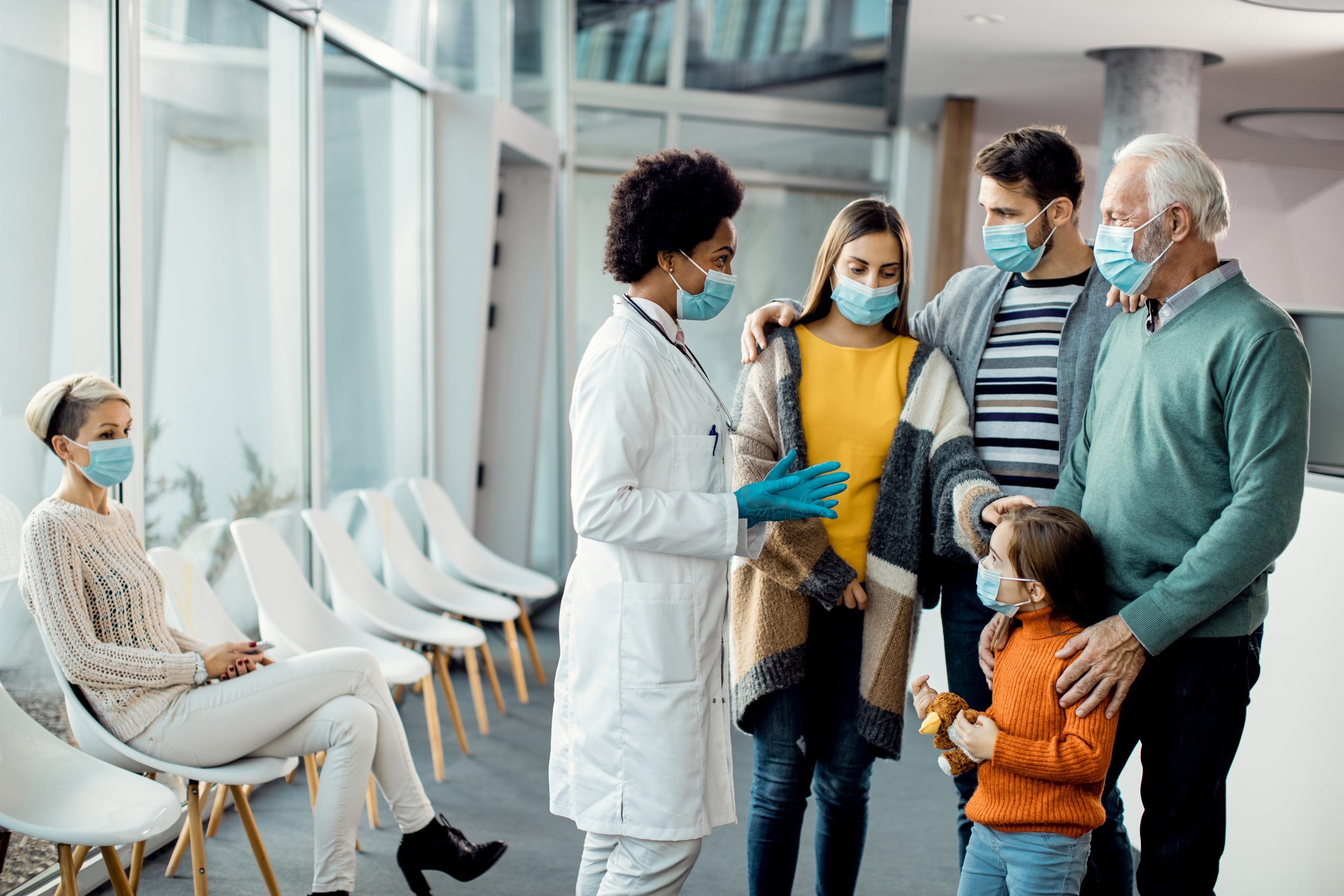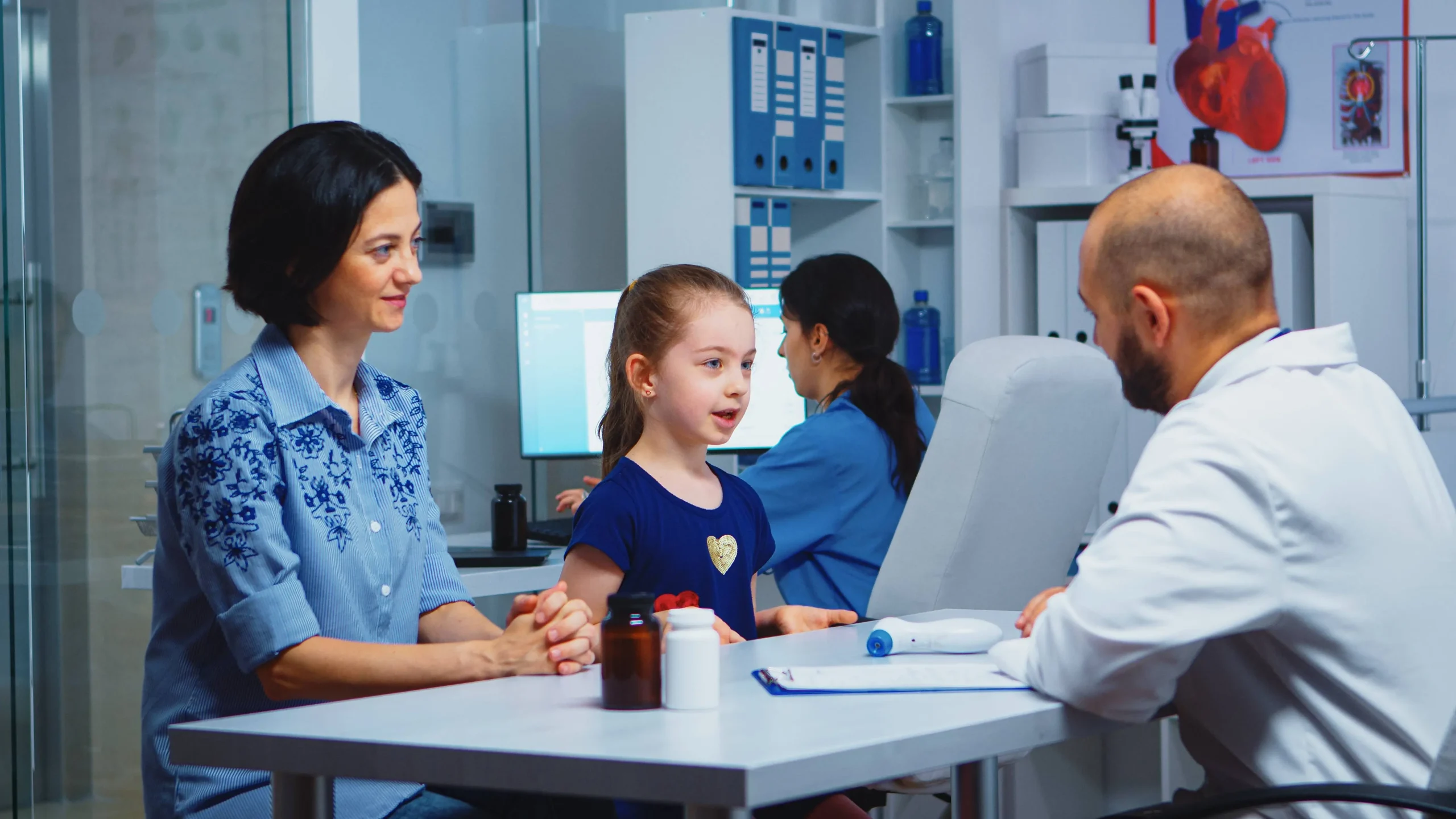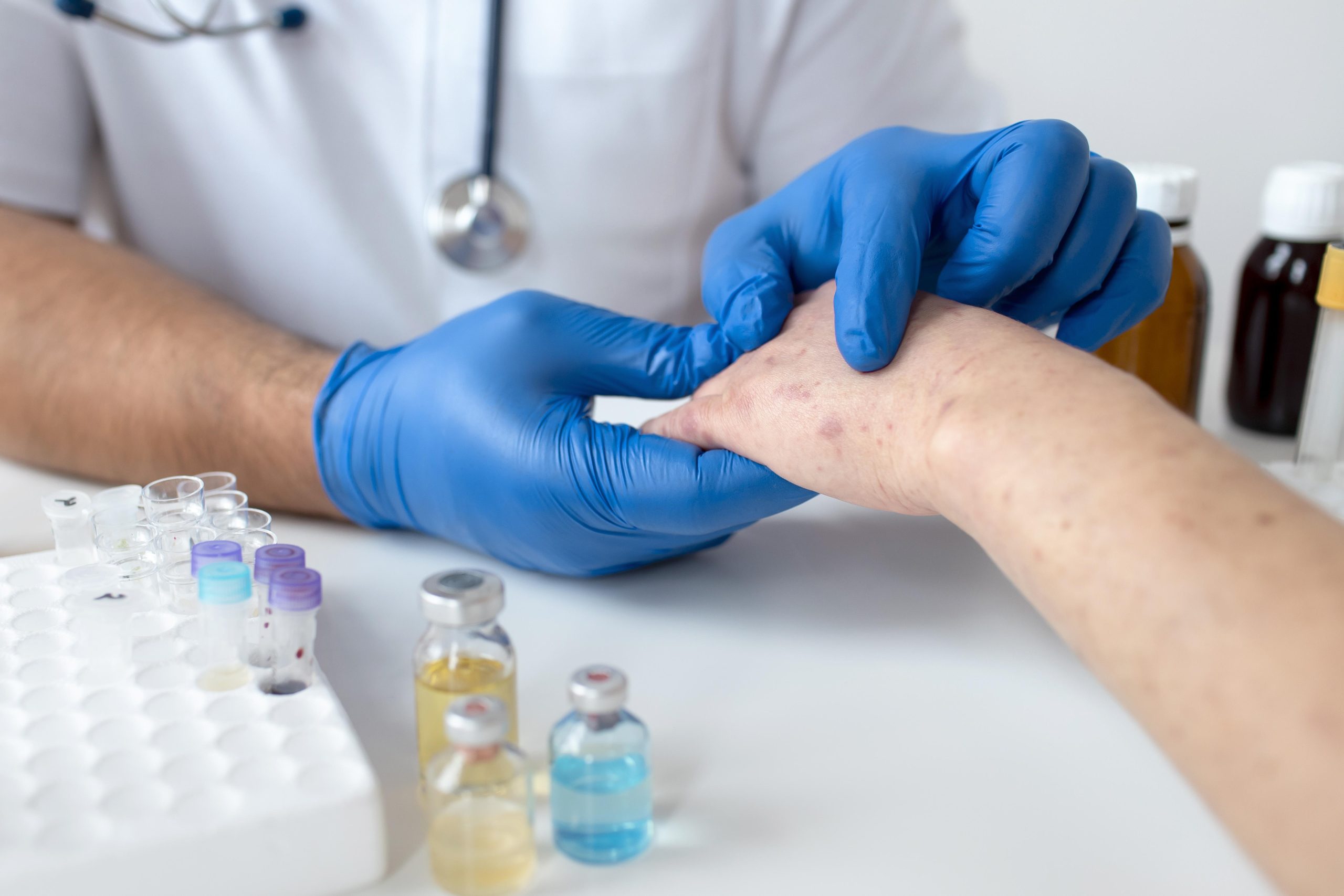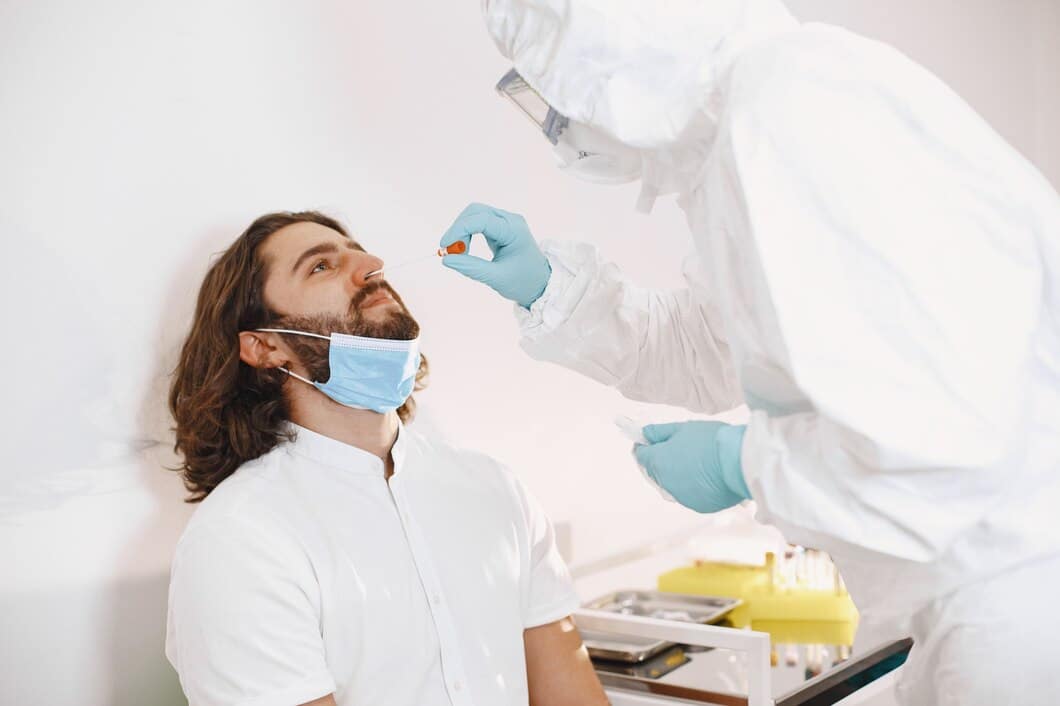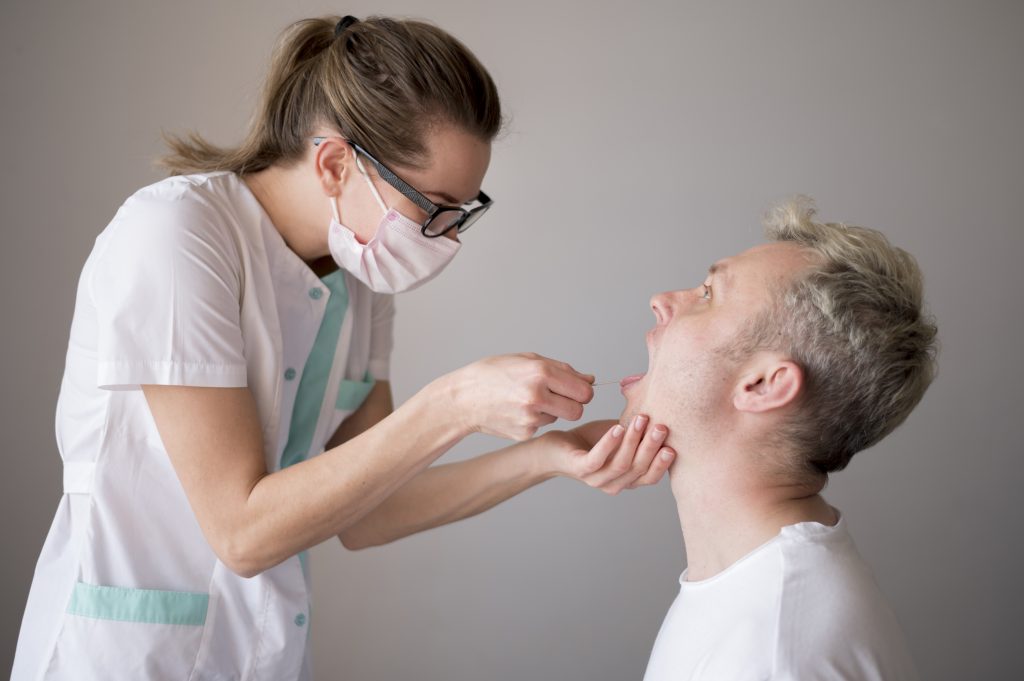Sexual health can be one of the most important components of overall health and well-being, and an important part of sexual health is knowledge of sexually transmitted diseases (STDs). Many individuals do not understand that even when they feel perfectly healthy, regular STD testing is one of a number of important things that they should do to ensure that they are taking proper care of their sexual health. And even if you’re feeling fine, or don’t exhibit symptoms, getting tested can help assure you and your partners. In this post, I’ll outline the significance of routine screening and the way it safeguards your sexual health.
The Importance of Regular STD Testing
The thought of getting tested for STDs can be uncomfortable and even intimidating for many. But getting tested regularly is one of the best things you can do to protect your sexual health. Here’s why:
STDs Can Be Asymptomatic
Unaware that some STDs can take time to display symptoms, or others, never show symptoms? Chlamydia, gonorrhea and even HIV can lurk without any obvious signs. This means you might be carrying an STD without your knowledge, and endangering your own health — as well as that of your sexual partners. Regular screening helps you detect infections early, even when you aren’t sick.
Avoid Long-Term Health Issues
The fact is that STDs can cause serious health complications if left untreated. For instance, untreated chlamydia or gonorrhea can lead to infertility, pelvic inflammatory disease (PID) or even chronic pain. Without early intervention, HIV can turn into AIDS. Maintaining regular screenings prevents these long-term health issues as they almost guarantee early detection followed by initial treatment, which is vital in avoiding permanent damage from the disease.
Protect Your Partners
Getting tested for STDs is ultimately not just about your health — it’s about caring for your sexual partners’ health, too. Getting tested and informing your partners about your results is part of a responsible sexual health plan. Understanding your STD status allows you to make educated joint decisions about safer sex practices.
Peace of Mind
By knowing your STD status, you can have peace of mind. Testing can help reassure you that you’re healthy, and that you’re not passing anything to your partner without knowing it, even if you have no symptoms. This peace of mind can help in relieving anxiety, helping to ensure that you have a more enjoyable experience with intimate relationships that are confident and safe.
How Frequently Should You Be Tested?
Here are some things to consider in how often to get tested for STDs: If you are sexually active, especially with more than one partner, you should be tested at least once a year. If you’re in a monogamous relationship, it’s still a good idea to test regularly, especially if you or your partner have engaged in any previous high-risk behavior.
For some high-risk people — those who have sex without a condom, have multiple sex partners or inject drugs — testing may be suggested more often. Check in with your healthcare provider about how often you should be tested, always.
Common STDs and What to Know About Them
STDs come in several forms, each with its own potential health risks. These are some of the most common:
Chlamydia
Chlamydia is among the most common STDs in the U.S. It often doesn’t cause symptoms but, if left untreated, can have serious complications, such as pelvic inflammatory disease (PID). The good news is that chlamydia is simple to treat with antibiotics.
Gonorrhea
Similar to chlamydia, gonorrhea doesn’t always cause a response in the body, particularly in women. While it can be treated, it may lead to infertility and other complications. Gonorrhea is treatable with antibiotics, but it’s important to be tested regularly to catch the disease early.
Human Papillomavirus (HPV)
Human Papillomavirus (HPV) is a very common STD, responsible for genital warts and various types of cancer, including cervical. The HPV vaccine can help guard against some of the most deadly strains, but regular screening (like Pap smears) is still essential for women to catch abnormalities early.
Herpes Simplex Virus (HSV)
HSV is another common STD that leads to painful outbreaks. There is no cure for herpes, but antiviral medications can control an outbreak and decrease risk of transmission. If you think you might be at risk, it’s important to get tested.
HIV
Human immunodeficiency virus (HIV) attacks the immune system and can progress to AIDS if untreated. HIV testing is vital for all people at risk, including people who have unprotected sex or share needles. If diagnosed early and treated, it is possible to manage the virus and prevent it from progressing to full-blown AIDS.
How to Get Tested
The process of getting tested for STDs is uncomplicated. You can also go to your health provider or many clinics that offer walk-in testing. Some locations even provide at-home testing kits, which allow you to collect a sample in the comfort of your own home and send it to a lab to be analyzed. However you do it, the most important thing is to get tested and know your status.
Numerous testing services exist, such as Absolute Urgent Care, which prioritize offering discreet and convenient testing options for all, empowering individuals to take control over their sexual health.
Don’t Delay — Get Tested Regularly
They are fundamental for anyone sexually active, regardless of showing symptoms. It’s the best way to help yourself stay on top of your sexual health and make sure you’re protecting yourself and your partners. Regular screenings can catch life-threatening problems early, help prevent chronic health issues, and give you peace of mind. Don’t wait for symptoms—test yourself now and take control of your sexual health!















